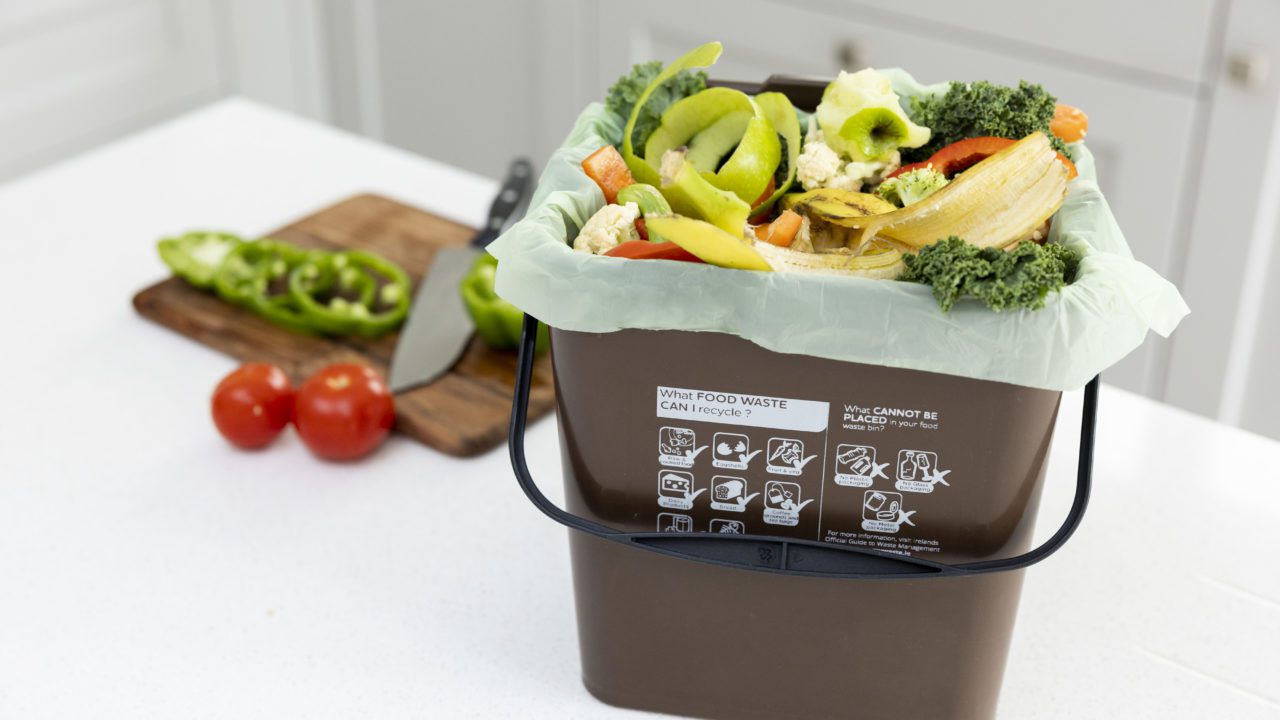Irish households dispose of an average €60 of food waste each month adding up to around €700 a year, according to a new report from the Environmental Protection Agency (EPA).
In the National Waste Statistics Summary Report for 2020, published today (Wednesday, December 7), the EPA estimates that 770,300t of food waste was generated in Ireland in 2020.
It highlights in the report that “prevention” is the best way to address this, but after prevention, the EPA outlines that “redistribution of surplus food is the next preferred option” and then recommends using “food unsuitable for human consumption as animal feed”.

The government has committed to reducing food waste by 50% by 2030 as part of Ireland’s Climate Action Plan. This will require a reduction of over 380,000t of waste.
It is mandatory for European Union (EU) member states to now report the amount of food waste generated at the different stages of the food supply chain.
According to the EPA, households were the biggest producers of food waste and accounted for 31% of the total in 2020; this works out at about 130kg of food waste per household or 48kg per person.
An estimated 70,400t of food waste (9% of total) was generated at the primary production stage in Ireland in 2020 – with horticulture generating the largest share.
The EPA said the main cause of waste at the primary production stage is because “products are not saleable due to outside quality specifications or lack of customer demand”.
Latest statistics show that overall waste generation continued to increase in 2020. The EPA has warned that Ireland is in danger of missing future (2025) EU municipal waste and plastic packaging recycling targets.
Overall waste generation increased to 16.2 million tonnes in 2020 – up from and 12.7 million tonnes in 2012.
Rural and urban household waste
According to the EPA almost 267,600t or 14% of household waste was collected in the recycling bin in 2020 – this represents an increase of 10% on the 244,000t collected in 2019.

According to the EPA there are large “variations” in rural and urban areas in relation to the quantity of household waste collected per person by bin type.
Warren Phelan, manager of the EPA’s circular economy programme, said Ireland’s rising levels of waste are “unsustainable and are threatening Ireland’s achievement of EU recycling targets”.
He said there needs to be a countrywide rollout of brown bins and that more food waste should be collected separately.
